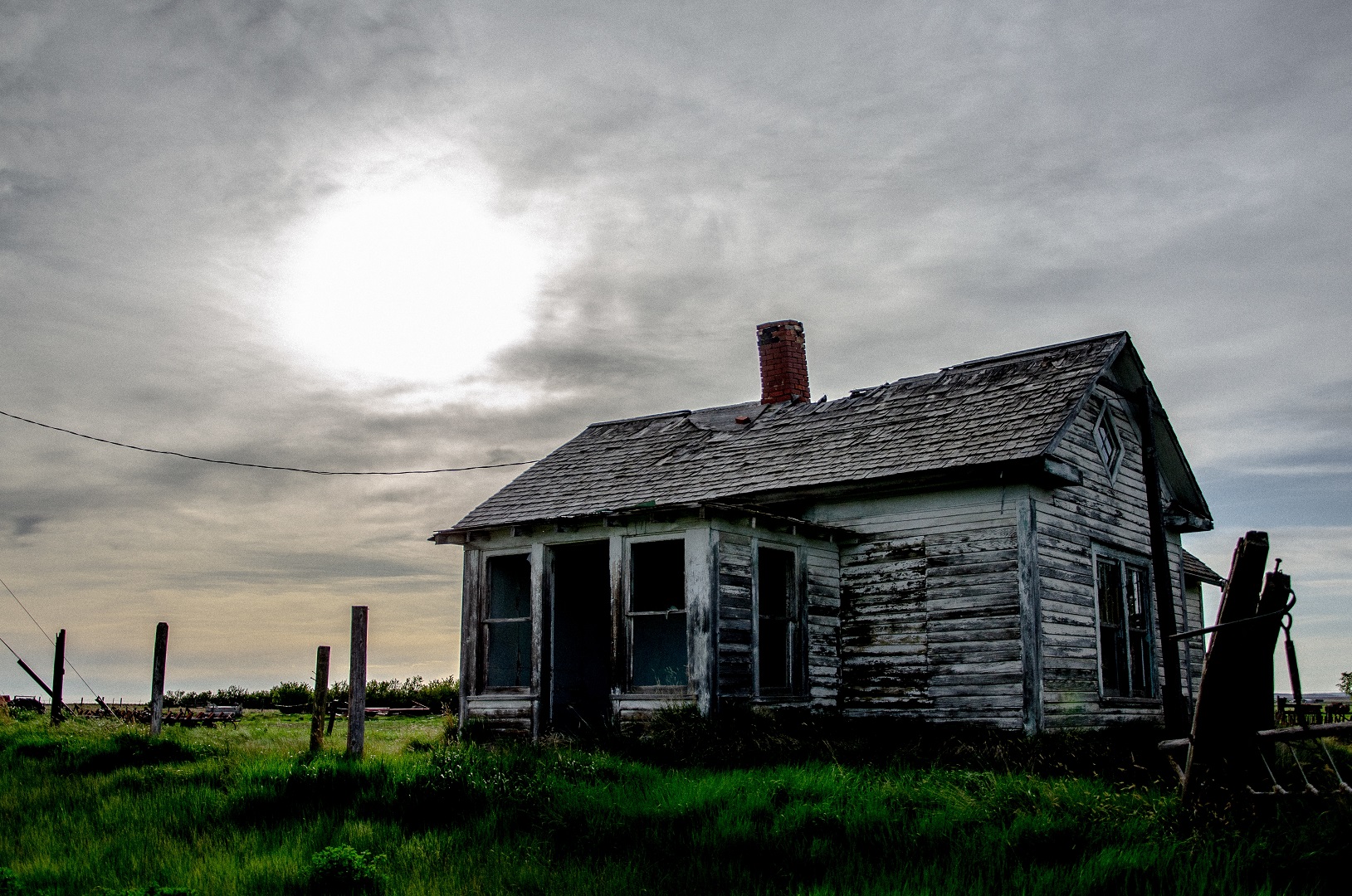As lawyers and legal professionals, we are trained to deal with the rational and the logical. We are taught to analyze evidence and present arguments in a clear and concise manner. But what happens when the law brushes up against the supernatural?
Throughout history, there have been a number of infamous lawsuits involving haunted houses, ghosts, and other paranormal phenomena. While some of these cases may seem frivolous, they offer a fascinating glimpse into the intersection of law and the occult.
Here are a few examples of infamous haunted lawsuits:
• Stambovsky v. Ackley (1991): This landmark case, also known as the “Ghostbusters ruling,” involved a couple who purchased a house in Nyack, New York, from a seller who had previously advertised the property as haunted. After moving in, the couple experienced a number of strange occurrences, including doors slamming shut, objects moving on their own, and disembodied voices. The couple eventually sued the seller for fraud, arguing that they had been misled about the condition of the property. The court ruled in favor of the couple, awarding them damages and rescinding the sale of the house.
• The Enfield Poltergeist Case (1977-1979): This case involved two young sisters in Enfield, England, who claimed to be tormented by a poltergeist. The case garnered widespread media attention and was even the subject of a film. The sisters’ parents eventually sued the local council, alleging that the poltergeist activity was caused by faulty wiring in the house. The case was eventually settled out of court.
• The Amityville Horror Case (1974-1976): This highly publicized case involved the Lutz family, who claimed to be terrorized by demonic forces in their home in Amityville, New York. The case was the subject of a book and a film, both of which were bestsellers. The Lutzes eventually sued the previous owners of the house, George and Kathy Lutz, for failing to disclose that the house had been the site of a multiple murder. The case was ultimately dismissed, but the Amityville Horror remains one of the most famous haunted house cases of all time.
These are just a few examples of the many infamous haunted lawsuits that have been filed over the years. While these cases may seem unusual, they raise important questions about the law and its ability to deal with the paranormal.
Implications for Lawyers and Legal Professionals
Haunted lawsuits can be challenging for lawyers and legal professionals for a number of reasons. First, it can be difficult to prove or disprove the existence of ghosts or other paranormal phenomena. Second, even if a paranormal presence is established, it can be difficult to determine whether that presence is responsible for the harm that has been alleged.
Despite these challenges, there are a few things that lawyers and legal professionals can do when dealing with haunted lawsuits:
✓ Conduct a thorough investigation. Before filing a lawsuit, it is important to gather as much evidence as possible to support your client’s claims. This may include eyewitness testimony, photographs, and videos. It is also important to consult with experts in the field of paranormal investigation.
✓ Be prepared to educate the court about the paranormal. Many judges and jurors are unfamiliar with the paranormal, so it is important to be prepared to educate them about this topic. This may involve providing expert testimony or submitting articles and other educational materials to the court.
✓ Be realistic about your chances of success. Haunted lawsuits are notoriously difficult to win. However, if you can present a strong case, you may be able to reach a settlement with the other party or even obtain a favorable verdict from the court.
If you are a lawyer or legal professional who is considering filing a haunted lawsuit, it is important to weigh the risks and benefits carefully. While these cases can be challenging, they can also be very rewarding.












